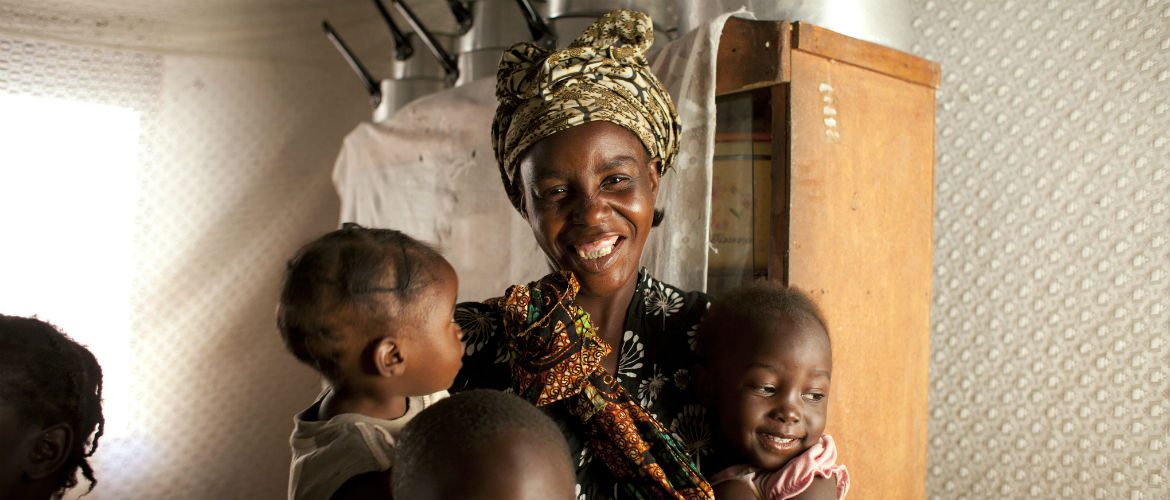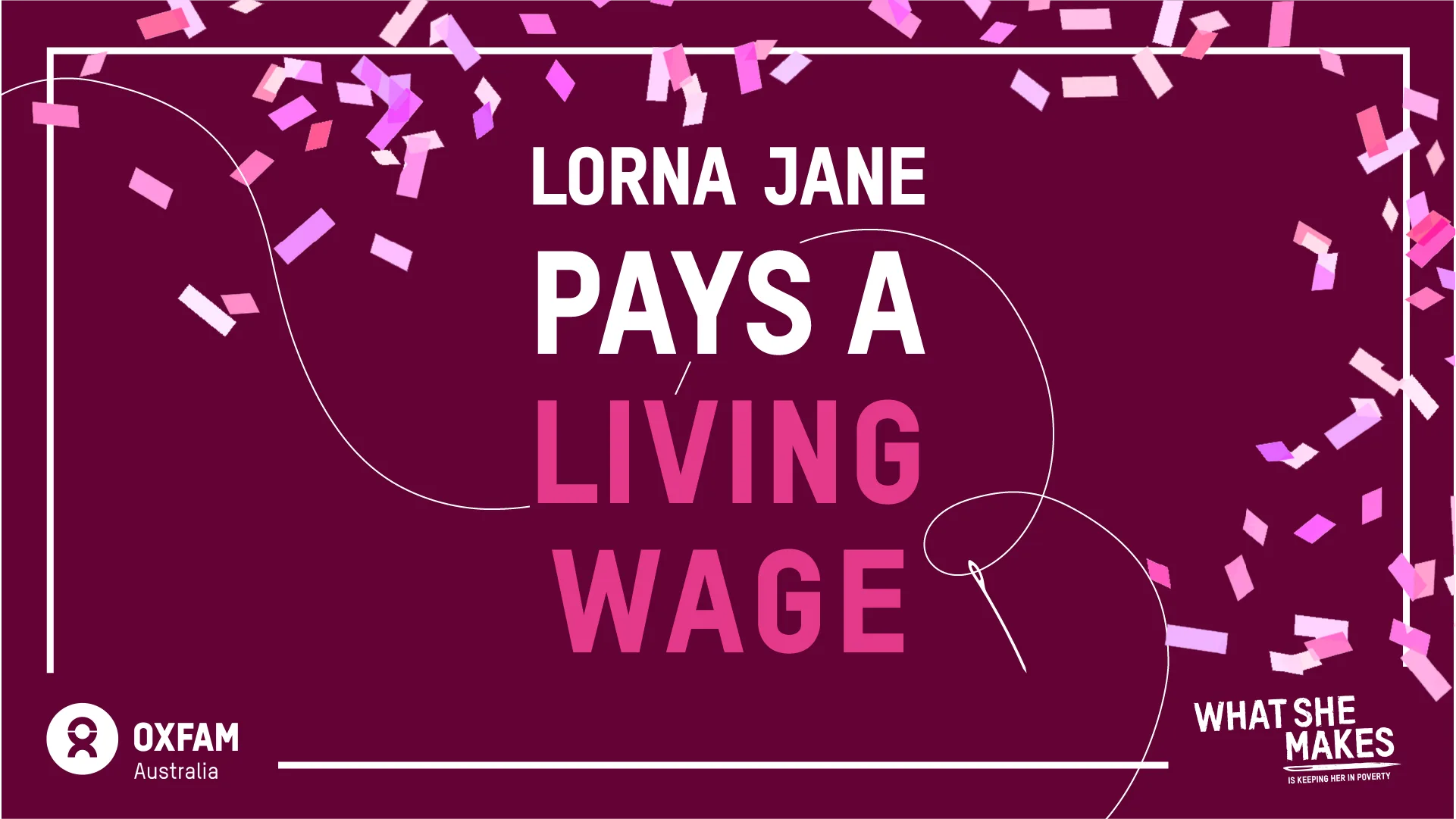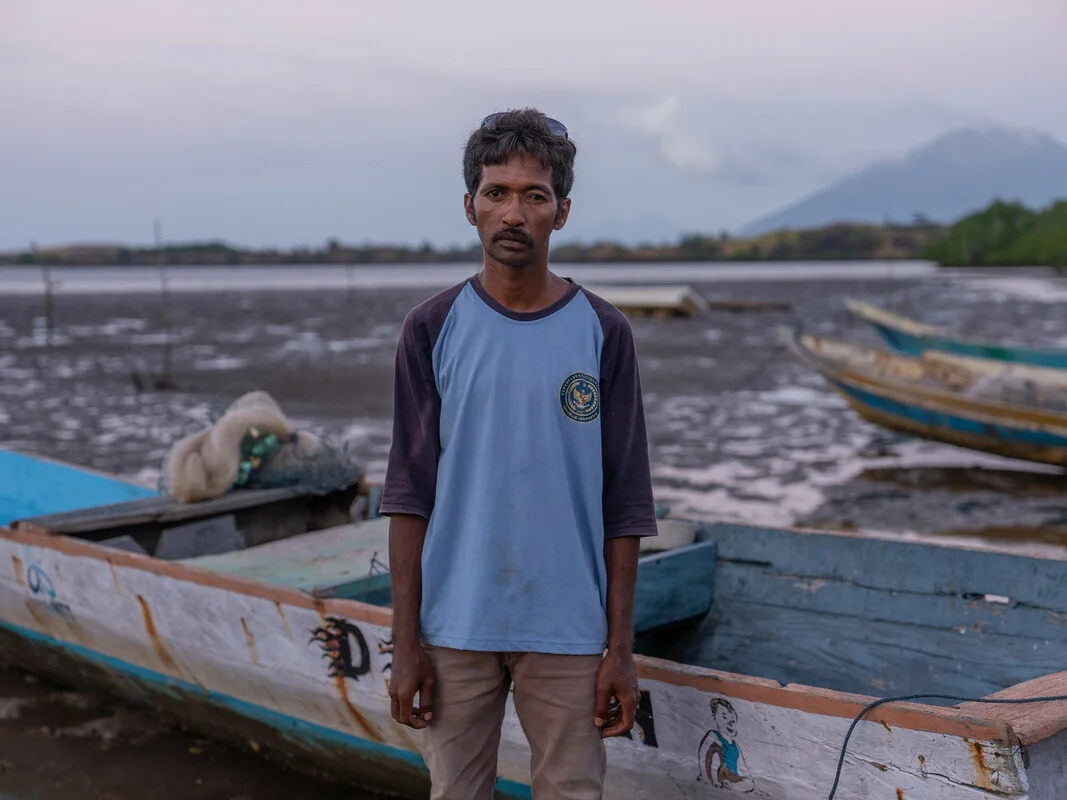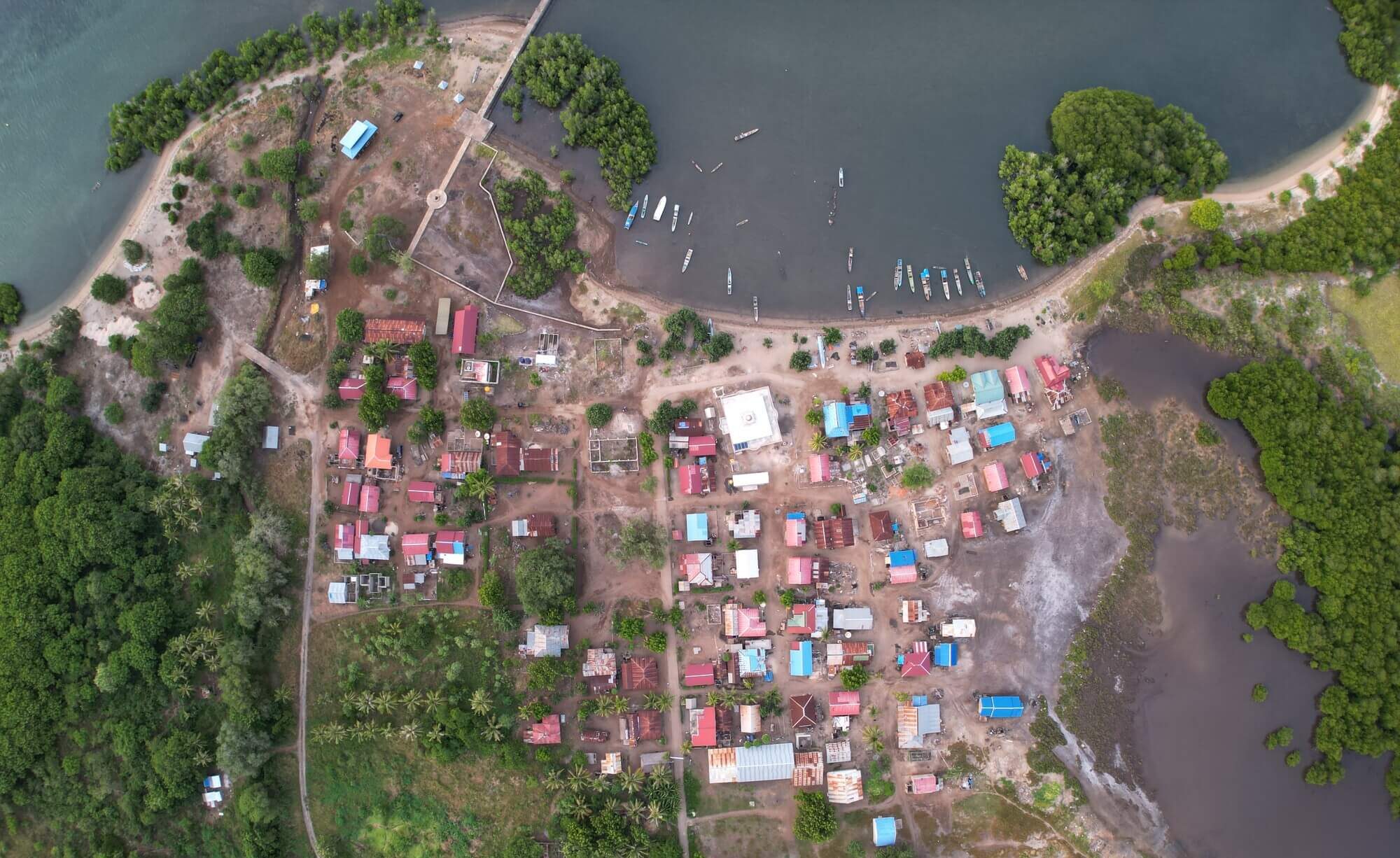A few years ago, Irene was one of the many women in Zambia risking her life every day to water her crops and feed her children.
Today she’s a co-producer at an award-winning Oxfam-supported banana farm and earning enough to sustain her family.
“We used to have only one meal each day …” said Irene.
“My only option for employment was to work on the commercial farm. The commercial farmer was making a lot of money and I was getting peanuts. There was nothing you could do about it. There were very limited ways to raise money.”
Crocodiles or hunger?
For farmers like Irene – who were born and raised in the village of Chiawa – employment is not the only challenge. The Zambezi river is the only reliable source of water in the area and is infested with crocodiles.
The fear of a crocodile attack has been part of their daily lives, but it’s one they must face to survive. Sadly, Irene’s own mother was killed by a crocodile.
“We had no other options and we needed to irrigate [our crops] … we would take the water as fast as we could … we would run for our lives if we saw crocodiles,” said Irene.
With few options and limited resources, many families in the area are resigned to living in poverty. But women like Irene are rallying against inequality.
“We formed a group, sat down together and agreed a plan … we don’t want our children to go without an education like us, we don’t want it to be the same,” said Irene.
The Banana Project begins
Irene is only one of 20 women farmers who have invested their skills, time, and energy in one high-value banana crop — and are achieving extraordinary results.
“We decided to start a banana farm. We knew we could harvest them year-round and they have a high market value. I thought, if we put our efforts together, this project would work,” said Irene.
Thanks to Oxfam supporters, the group received essential training and tools; an irrigation pump; business training; and a solar-powered electric fence to protect their crop.
“When we heard we would have these things we were filled with joy and excitement. We knew our lives would change,” said Irene.
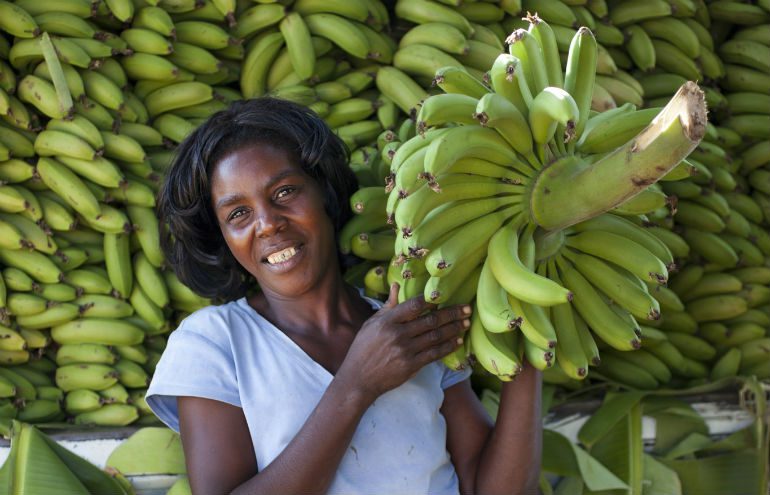
Not only have the farmers established a profitable banana farm, earning 2000 kwacha per tonne (2.00 kwacha/kg) — the same income per tonne as the biggest commercial farmer in the country — but the bananas they supply to supermarkets in the Zambian capital, Lusaka, are now award-winning.
“We feel empowered. It has put us on the map,” said Irene.
Since joining the project six years ago, Irene’s life and the lives of her fellow farmers have changed for the better.
“Now, I get the benefits from the work I put in. I can send my children to school and food is not an issue. Our challenge is to invest in our children. For women this project can bring about change. We can invest in our children’s education. My children are like me; they are joyful like me,” said Irene.
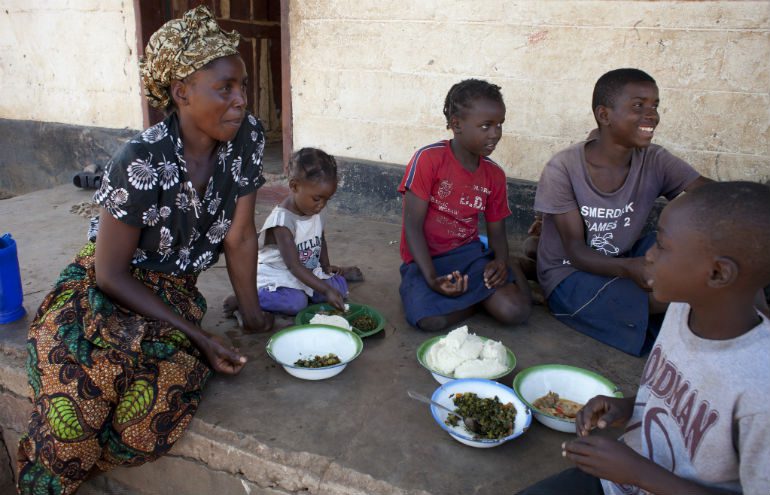
“I am a woman. I didn’t have an education because of that. Now girls can go to school, so there is hope that there can be a better life. Our challenge is to invest in our children. For women this project can bring about change.”
Thanks to Oxfam supporters, a group of women farmers and their families are proving that with the right investment and training, extreme poverty can be overcome. Donate today and you can help keep children safe from deadly hunger.
